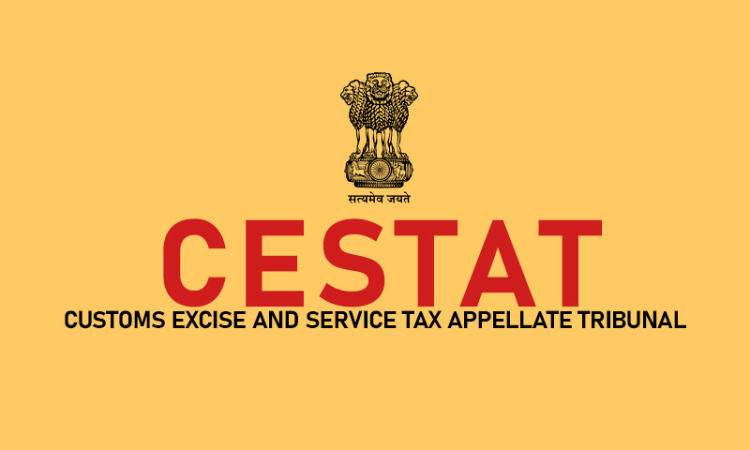The Hyderabad Bench of Customs, Excise, and Service Tax Appellate Tribunal (CESTAT) has held that intention to smuggle prohibited goods cannot be equated with an attempt to export prohibited goods.The bench of Anil Choudhary (Judicial Member) and A.K. Jyotishi (Technical Member) observed that the appellant was intercepted by the CISF officials outside the customs area. The appellant...

